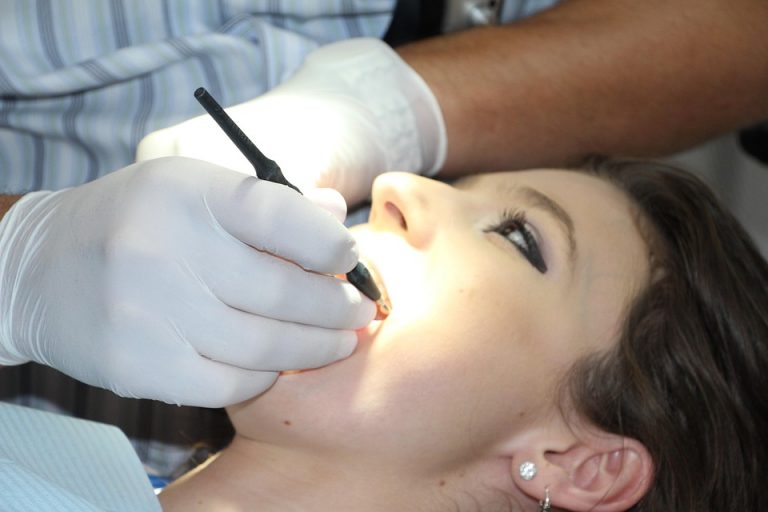Effective pet dental care isn’t just a luxury; it’s a necessity for your furry friends. Just like us, pets need their teeth and gums taken care of to live a happy, healthy life. Ignoring their dental health can lead to serious issues, including painful infections and tooth loss. Let’s dive into the essential tips that will keep your pet’s smile shining bright and their health in check.
Contents
Why Pet Dental Care Matters
You might be surprised to learn that dental disease is one of the most common health issues in pets. According to the American Veterinary Medical Association, about 80% of dogs and 70% of cats show signs of periodontal disease by the age of three. That’s staggering, isn’t it? Poor dental health can lead to much more than just bad breath. It can affect your pet’s heart, liver, and kidneys.
When you invest time in effective pet dental care, you’re investing in their overall well-being. Think of it as an act of love—your furry family member deserves the best.
1. Start Early
Just like you wouldn’t wait until your child is a teenager to start teaching them about dental hygiene, the same goes for your pet. Start brushing your pet’s teeth as early as possible. Even if you’ve adopted an older pet, it’s never too late to begin a dental routine.
Benefits of Early Care:
- Establishes a Routine: The earlier you introduce dental care, the more comfortable your pet will be.
- Prevents Disease: Early intervention can drastically reduce the risk of dental diseases.
- Builds Trust: Regular handling of your pet’s mouth helps them trust you.
2. Choose the Right Tools
When it comes to effective pet dental care, the tools you use matter. You wouldn’t use a standard brush for your pet. Instead, invest in a pet-specific toothbrush and toothpaste.
Recommended Tools:
- Toothbrushes: Look for one designed specifically for pets; these usually have softer bristles and are easier to maneuver.
- Toothpaste: Avoid human toothpaste, which can be toxic to pets. Instead, choose a vet-recommended pet toothpaste that comes in flavors your pet will love.
- Finger Brushes: These are great for pets who are a bit skittish about traditional brushes and allow for gentle cleaning.
3. Make It a Fun Experience
Effective pet dental care doesn’t have to be a chore. You can make it enjoyable for both you and your pet.
Tips to Make Brushing Fun:
- Use Treats: Reward your pet after each brushing session. This creates a positive association with dental care.
- Playtime: Incorporate playtime into your routine. After brushing, engage in their favorite game.
- Stay Calm: Your energy matters. If you’re relaxed, your pet will be too.
4. Regular Vet Check-ups
Think of your vet as your partner in keeping your pet healthy. Regular veterinary check-ups are crucial for maintaining good dental health. During these visits, your vet can perform professional cleanings and check for any signs of dental disease.
Signs Your Pet Needs a Vet Visit:
- Bad breath that doesn’t go away
- Swollen or bleeding gums
- Excessive drooling
- Difficulty eating
Don’t wait for symptoms to appear. Regular visits can catch problems early on.
5. Incorporate Dental Chews and Toys
Who doesn’t love a good chew? Dental chews and toys can play a significant role in effective pet dental care. They help reduce plaque and tartar buildup while keeping your pet entertained.
Top Choices for Dental Chews:
- Rawhide: A classic option, but be cautious about size and digestibility.
- Dental Treats: Look for those approved by the Veterinary Oral Health Council (VOHC) for their effectiveness.
- Chew Toys: Rubber toys designed to clean teeth while your pet plays can be a great addition.
6. Monitor Their Diet
Your pet’s diet plays a significant role in their dental health. High-quality food can contribute to stronger teeth and gums.
Dietary Tips:
- Choose Quality Over Quantity: Opt for premium pet foods that promote dental health.
- Dry vs. Wet Food: Dry kibble can help reduce plaque. However, consult your vet for the best option for your pet’s specific needs.
- Fresh Water: Always ensure your pet has access to fresh water. Hydration is key for overall health, including dental health.
7. Educate Yourself and Stay Informed
The more you know, the better you can care for your pet. Educating yourself about effective pet dental care will empower you to make informed decisions.
Resources to Consider:
- Visit the American Veterinary Medical Association (AVMA) for reliable information on pet health.
- Check out the Veterinary Oral Health Council (VOHC) for approved dental products.
- Follow trusted pet health blogs for tips and updates.
Bottom Line
Effective pet dental care is about more than just keeping your pet’s teeth clean; it’s about enhancing their quality of life. Incorporate these tips into your routine to ensure your pet’s dental health is in top shape. Remember, a healthy pet is a happy pet!
Call to Action
Are you ready to take your pet’s dental care to the next level? Start today! Schedule a vet appointment, invest in the right tools, and make brushing a fun part of your day. Your furry friend will thank you with every wag of their tail!
FAQ
Q: How often should I brush my pet’s teeth?
A: Ideally, you should brush your pet’s teeth daily. If that’s not possible, aim for at least two to three times a week.
Q: Can I use human toothpaste?
A: No, human toothpaste is not safe for pets. Always use toothpaste specifically made for pets.
Q: What are the signs of dental disease in pets?
A: Look for bad breath, swollen gums, difficulty eating, and excessive drooling. If you notice any of these, consult your vet.
Taking these steps will set your pet on the path to a healthier, happier life. It’s never too late to start caring for those pearly whites!








